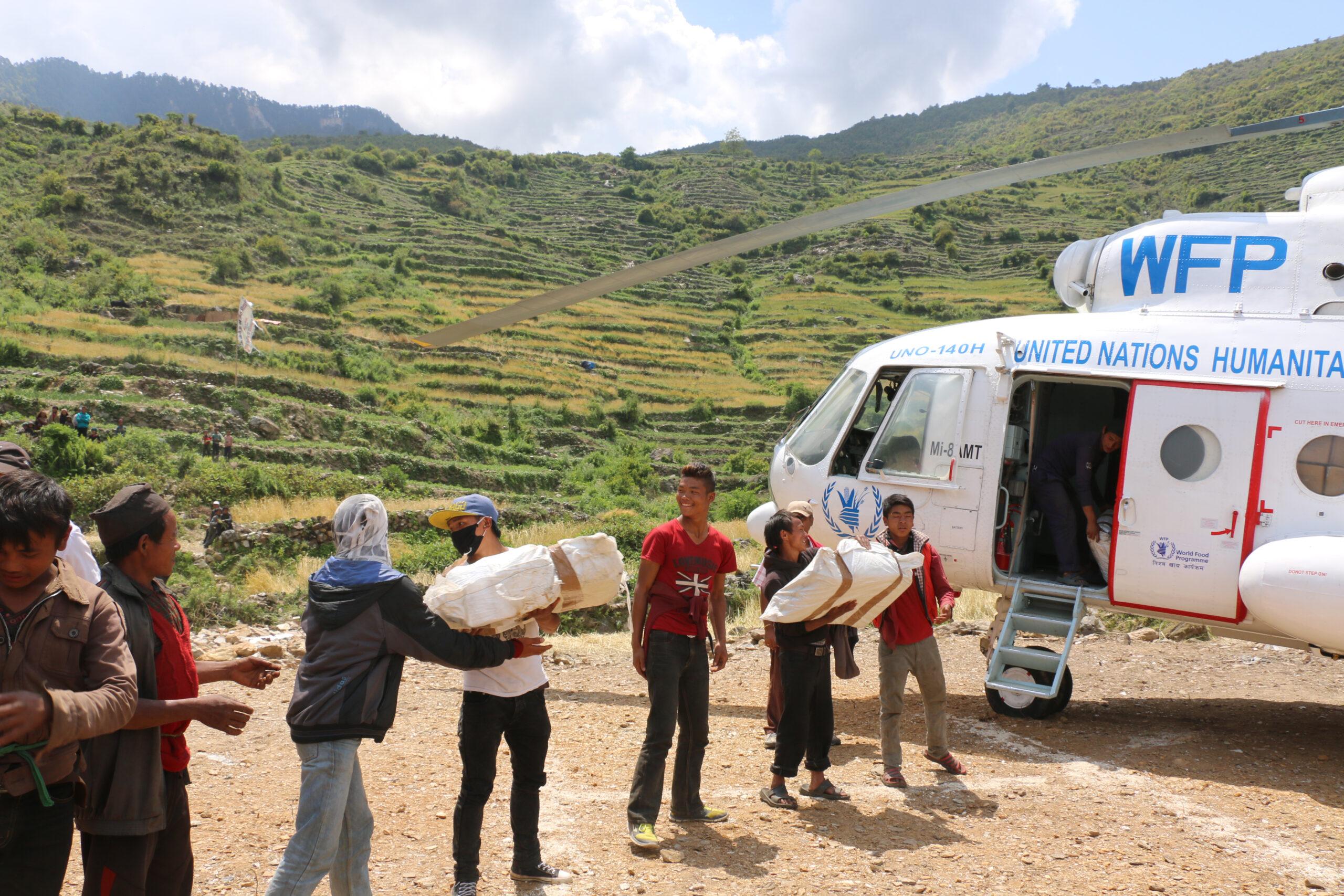Due to the multiplying humanitarian needs around the world and insufficient funding, the UN World Food Programme (WFP) said on June 20 that it will have no choice but to make further food ration cuts soon for refugees.
The crisis has already forced the agency to make significant reductions in daily meals for vulnerable people in the Sahel and elsewhere.
“As global hunger soars way beyond the resources available to feed all the families who desperately need WFP’s help, we are being forced to make the heart-breaking decision to cut food rations for refugees who rely on us for their survival,” said WFP Executive Director David Beasley.
“Without urgent new funds to support refugees—one of the world’s most vulnerable and forgotten groups of people—many facing starvation will be forced to pay with their lives.”
Today, ration cuts of up to 50 per cent affect three in four refugees supported by WFP in East Africa. Refugees living in Ethiopia, Kenya, South Sudan and Uganda are the most affected. Despite record hunger levels that have not been seen in a decade, WFP has had to reduce rations “significantly” in Burkina Faso, Cameroon, Chad, Mali, Mauritania and Niger.
In southern Africa, where WFP provides assistance to some half a million people, the agency said that despite generous support from donors, it is struggling to meet even the basic needs of refugee households. “Imminent disruptions are expected in Angola, Malawi, Mozambique, Republic of Congo, Tanzania and Zimbabwe,” it said in a statement.
As WFP is forced to institute ration reductions to stretch limited resources, UN humanitarians and their partners have had to respond to an additional six million refugees created by Russia’s invasion of Ukraine on 24 February. In Moldova, WFP has already delivered nearly 4,75,000 hot meals to families affected by the conflict, across 31 different localities.
According to the latest figures released by the UN Refugee Agency (UNHCR), 67 per cent of refugees and asylum-seekers originated from countries experiencing a food insecurity crisis in 2021. This, coupled with devastating conflict and climate extremes, is hitting refugees the hardest.
In 2021, WFP assisted nearly 10 million refugees globally.


























